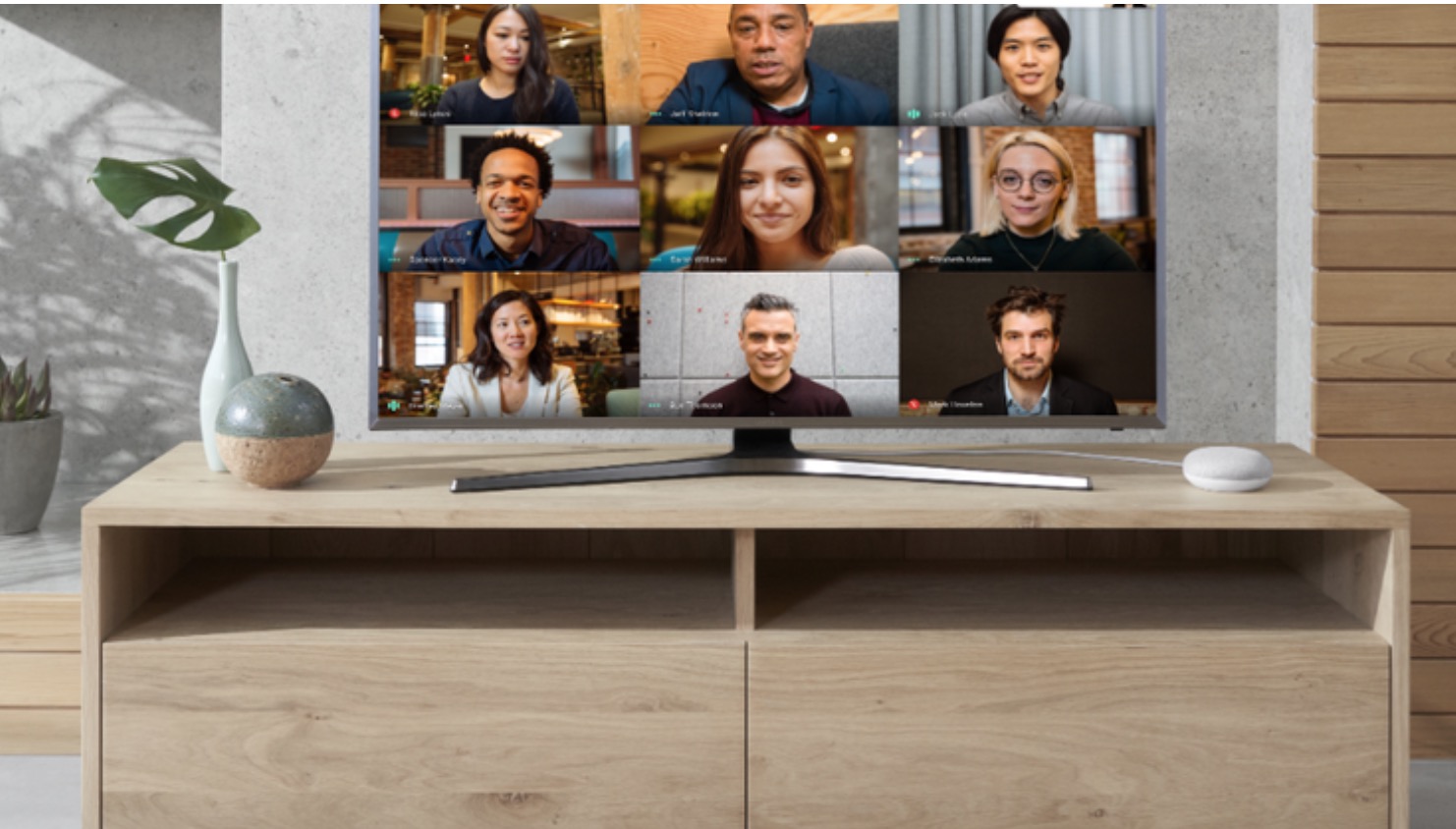Adults are continuing to work from home and the kids are doing distance learning or blended learning. This means video conferencing tools are still very much in demand but it’s also the cause of much stress and anxiety for some. Google thinks that having your video calls on a bigger screen may reduce a bit of that “meeting fatigue” and makes it easier for some to work that way. That’s why we now have Google Meet on Cast so you can make your TV or smart display part of your virtual workspace. Meanwhile, Google Duo will be rolling out in beta for Android TV.
Google Meet on Cast will let you stream your office meetings or your child’s class onto larger screens like your TV or your Smart Display. Having the video call on a bigger screen can help you focus more or can also help you multi-task, depending on which one you need to do better. For the kids who are doing distance learning, they can view their class on the TV screen and work on their laptops or tablets if it will help them focus better.
To be able to use Google Meet on Cast, you’ll have to sign in to your Google account and update to the latest version of Chrome. You also need to ensure that your Chromecast is running on the latest version of the firmware. All Google Meet users will be able to cast their video call onto Chromecast, TVs that already have Chromecast built-in, and Nest displays as well. Since Google Meet will only be free until September 30 (so far), you should take advantage of this now.
Meanwhile, Google Duo will be rolling out in beta for Android TV over the next few weeks. You will be able to start one-on-one and group calls from your TV. You can also plug in a USB camera to your TV if it doesn’t have a built-in camera. You can also work with both Duo and Meet with the Nest Hub Max by saying “Hey Google, start a group call” to initiate a hands-free video call.
Google is also offering the Acer Chromebase and ASUS Remote Meet Kit for those who are only starting to build a home office. They will automatically sync with your Google Calendar so joining scheduled meetings is more convenient. They’re running on Chrome OS so you’ll get OTAs, peripheral support, and other management capabilities.
